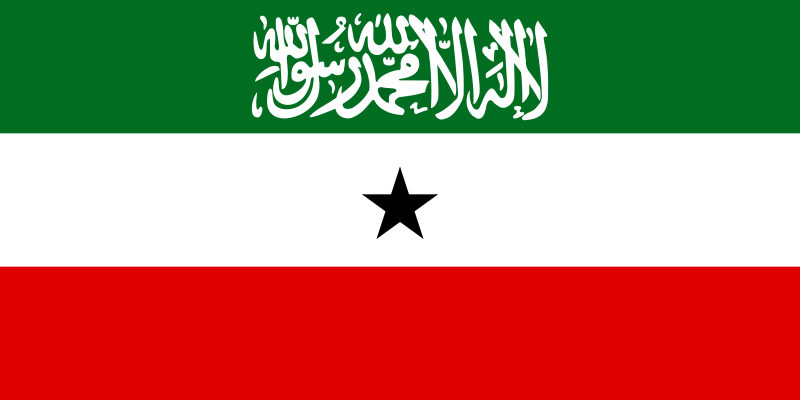- Belittling Somaliland’s internal conflicts and complexity, and as a result, its achievements in reaching national reconciliation.
- Distancing other clans such as the Gadabursi, who played a critical role in Somaliland’s nation-building process.
- Reducing the rich and longstanding Somaliland identity to "a clan seceding from the rest of the Somalis."
Somaliland was never viewed as Isaaq versus non-Isaaq before Siad Barre. This is a novel conflict created and amplified later by those who use the Isaaq in a political context.
Here are moments in history that highlight how the Isaaq narrative fails to explain Somaliland’s politics:
- In 1884, Britain did not sign a single treaty with an Isaaq clan. Treaties were signed with the Habar Younis, Habar Jeclo, and Habar Awal separately, which strongly indicates that politically they were not one unit.
- In the 1960 elections, there was no Isaaq versus non-Isaaq division. Isaaq leaders were split on both sides of the NUF, SNL, and USP.
- In 1960, if the Isaaq had been a single clan like the Esa in Djibouti, they would not have initiated the later incomplete and illegal union project with Somalia. They saw themselves as a set of clans within the Somali-speaking people, not as a single clan. Ideally, if they were a single clan, they would have sought to control the state and exclude others (as Djibouti did).
- In 2003, the Isaaq clans were divided on the election of Riyale, a non-Isaaq president.
- In 2021, a majority of Isaaq clans in the city of Hargeisa elected a non-Isaaq MP with the highest number of votes.
Once you understand this, you'll start to appreciate the real complexity of clans in Somaliland.
Disclaimer: other non-Isaaq often assume and view the Isaaq clans as a single unit, despite how the Isaaq have acted politically since 1884.
This is where outsiders must decide which point of view is closer to reality and provides a richer and deeper understanding of Somaliland.
Unfortunately, many outsiders also study Somalia, so they prefer the Isaaq narrative because it fits the Somali stereotype: an ungovernable, primitive clans that hates each other.
